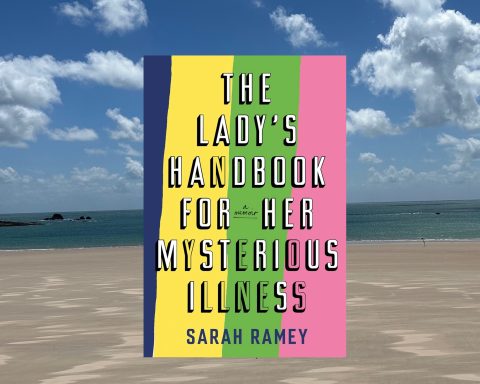
One of my previous senior colleagues told me about his last day in general practice, at a time when we were still using some handwritten notes.
He consulted with a patient that he had known well and at the end of the consultation had reviewed his entries in her records. To his dismay, he realised that his first consultation, over 20 years ago, had been almost exactly the same.
Quite frequently we have this sense of time standing still with some patients. Like Tony Last, in A Handful of Dust, reading and re-reading Dickens to his deranged captor, we are trapped in an endless cycle of claustrophobic replaying of the same discussion. We recover the same ground, frustrations, symptoms, loss, and anger, often leading us to a sense of impotence as clinicians.
Bereavement and loss are like love, something we need to talk about all the time to fix their place in our own narrative.
What do these encounters tell us? Sometimes the retelling helps to expunge grief, in a repetitive catharsis. Bereavement and loss are like love, something we need to talk about all the time to fix their place in our own narrative.
Retelling in a therapeutic space may overcome the silence with which grief is often met in modern society. So many greet disaster and pain by turning away from the narrator, dismissing them by a failure to hold their gaze.
Allowing a focus on the hardest parts of the experience and an open discussion can help people to assimilate their loss, particularly if we can emphasise the character strengths that have been helpful to them. Trying to distinguish between normal and pathological grief in this context is difficult and psychotherapist Julia Samuel has written on the way in which listening helps untie the knots of grief and allows the mourner to move forwards.
In post-traumatic stress disorder (PTSD), however, retelling may have a negative effect as the detailed narrative of traumatic events can reinforce and engrave on our minds the situations that have been faced.
Studies have shown the retraumatising effect on individuals living with HIV of having to retell their initial diagnosis to multiple healthcare professionals over time, and these insights could be applied to other life-changing diagnoses.
Sometimes, the retelling is about retaining a sense of self … Each narration brings to life [the patient’s] truly valued self in the face of a diminishing reality.
Here, that retelling wears deeper and deeper grooves into the psyche, making it difficult to reset cognitive processes, which is why therapies such as EMDR (Eye Movement Desensitisation and Reprocessing) and breathing therapies may be more helpful than psychotherapy in PTSD.
Sometimes, the retelling is about retaining a sense of self. My mother in law, now dealing with cognitive impairment, tells us repetitively the stories that define her as a loved and loving wife, stories of lying on their Welsh farm hillside and looking at the stars with my father in law. She also tells with pride of her maternal ability to cope with a young son bringing the whole Scout troop home when they lived in Africa, instead of the expected ‘friend for tea’, and how she was still able to give each boy a piece of cake and a soft drink. Each narration brings to life her truly valued self in the face of a diminishing reality.
Retelling in a therapeutic space may overcome the silence with which grief is often met in modern society.
Lastly, repetitive stories may be a diversionary tactic away from an impossible situation. In The Odyssey, Penelope waits for the return of Odysseus, besieged by unwelcome and ever more insistent suitors. She weaves a tapestry, promising to wed one of them only when it is completed. In secret she unpicks her work by night so that each day she starts afresh, recreating the same cloth, and defending herself through its reinvention.
I have had several patients who have consulted me on multiple occasions, re-offering the same narrative, sometimes of great simplicity, like a complaint of a sore mouth or of shoulder pain, until one day a chance word or unexpected question loosened the hidden reality to view; the woman working as a prostitute to pay her husband’s debts, the man holding fast to the memory of his murdered mother.
So, the next time you are faced with a never-ending story, stand back and ask: what lies behind this? Do I need to help this person hold fast to their eroding sense of self, or find the positive personal strengths in their narrative of traumas overcome? Or is this story cloaking a reality too difficult to share or challenge?
Featured photo by Juan Rojas on Unsplash








